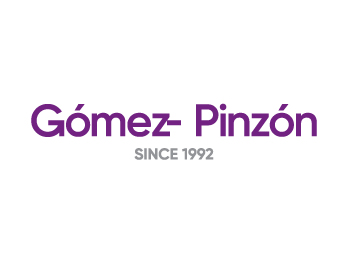The main objective of this law is to improve the conditions in which the operational personnel provide the surveillance and private security services. Companies and specialized cooperatives of surveillance and private security must attach to their application for operating license a copy of the work, social security and compensation scheme duly approved by the Ministry of Labor.
What new features did this Law introduce?
- One of the main novelties of this law is that it introduced the obligation to contract a collective insurance annually that covers operating personnel. Once this insurance is contracted, the operating personnel will be covered 24 hours a day.
- The insurance must be financed by the company, specialized cooperative or private security and surveillance department, and must be considered as a direct cost for the obligated entities.
- Additionally, the Law established that the psychophysical examination may be carried out by any of the service providers (IPS) of the country, if they meet the legal and regulatory requirements. The National Government must determine within a period no longer than six months from the effective date of this law, the requirements of the IPS to carry out this type of examinations.
- It should be noted that the psychophysical examination will be carried out at no cost by the Occupational Risk Managers to which the workers are affiliated and the certificate issued will be valid for one year and must be renewed annually.
What incentives does this law bring?
- The Law promotes an incentive for the linking of women, people over 45 and people with disabilities within their operational staff, consisting of additional scores for public bidding processes, merit contest and direct contracting of companies and cooperatives specialized surveillance and private security. This incentive will be regulated / structured by means of a Decree that must be issued by the National Government within a term not exceeding six months.
What role will SENA (National Learning Service) play in this type of activity?
- With this law, SENA is required to implement an academic curriculum with work skills, safety technician and safety technologist cycles aimed at security guards, supervisors, escorts, technological media operators and canine handlers, which may enter into agreements with companies and cooperatives for surveillance and private security.
What is the working day of these workers?
- This Law does not create a special working day, at least from the technical perspective of legislative amendment.
- However, the Law creates a legal exception for workers to provide services in working days of maximum 12 hours, as long as there is a prior written agreement with the employer, which is recorded with the signature of both parties.
- In conclusion, the Law allows workers in this sector to provide services in daily days of overtime or overtime of up to 4 hours.
Does the 12-hour day modify the maximum weekly workday allowed?
- No, the legal exception is limited to the 12-hour workday, without modifying the maximum allowed weekly work that is currently 60 hours, and provided that the company has the authorization of the Ministry of Labor for the days of additional time or overtime.
- Additionally, the legal exception of the daily work has no implication about the legal surcharges in force in Colombia.
By: Melissa Rumié
Associate.
If you need more information about this subject, do not hesitate to contact our practice group.
Patricia Vergara, head of the practice.
Mauricio Montealegre, Senior Associate.

